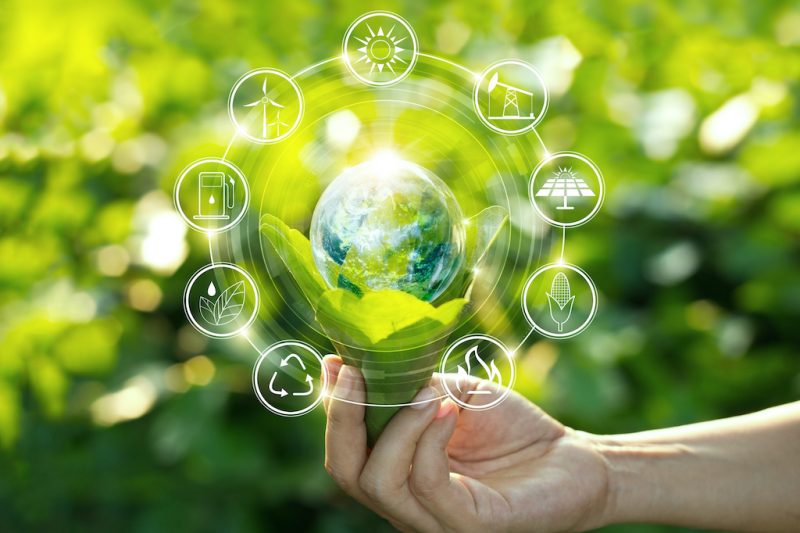Mondelēz pledges enhanced action on deforestation and emissions by 2025

Mondelēz International has claimed key progress on reducing its greenhouse gas emissions across its operations by 2050, in submitting a clearly-defined timeline for action in the wake of joining the Science Based Targets Initiative (SBTi)’s Net Zero Carbon venture, writes Neill Barston.
As the business noted, its plans place it line with the international Paris 1.5 protocol, as the business joins a host of other multinational firms seeking to deliver enhanced environmental performance – particularly with the acknowledged impact of cocoa farming in terms of deforestation in core supplying nations including Ivory Coast and Ghana in West Africa for the confectionery trade. This is set to be majorly influenced by EU legislation being put forward by the EU parliament requiring companies to show full transparency in supply chains.
On this major latter issue, the company said that it has placed a goal of zero deforestation on its primary commodities by 2025, in accordance with European Union Deforestation Regulation and SBTi guidance, which will require notable investments.
The business noted that it had sought to explore collaborative financing and innovation projects such as with internal platforms such as its Sustainable Futures scheme, while advancing research and development in climate-smart technology and practices to implement at the sourcing level, across supply chain and in owned operations and through to brand, packaging and consumption.
With regards to cocoa, the company said it remains focused on regenerative farming practices by further scaling farm mapping, farmer training and tree distribution. As part of the Cocoa Life programme, the company trained ~220,000 farmers in Good Agricultural Practices, distributed ~6.7 million trees and mapped ~246,000 farms across Cocoa Life communities (as of 2022).
As a founding company of the Cocoa and Forests Initiative (CFI) in Ghana, the company has been an active industry member of the landscapes initiative in the Asunafo Region collaborating to implement climate-smart cocoa production practices as well as agroforestry models.
For wheat, the company noted it has implemented a strengthened charter of farming practices in Europe, deeply rooted in regenerative agriculture, as part of the company’s Harmony Ambition 2030. This includes working with partner farmers to diversify crop rotation and integrating decision tools to help optimise fertiliser use while piloting trainings for farmers through the Harmony Academy platform, a smartphone application encouraging the adoption of regenerative agriculture practices and promoting soil health as well as through the first-ever Harmony Tour, a dedicated training program on the ground.
Regarding renewable electricity, it has used advanced systems across company-owned manufacturing facilities through power purchase agreements (PPAs), on-site solar panels and renewable energy credits (REC) sourcing from wind and solar power sources.
In terms of delivering efficiencies within its manufacturing bases, it has reportedly initiated investments in several of the Company’s European operations to expand state-of-the-art manufacturing facilities and invest in newer technologies such as electric ovens to reduce natural gas use.
On logistics, it is focusing on investing in new mobility concepts, reducing warehouse emissions by converting to renewable sources, and improving efficiency of distribution networks by optimising routes, improving truck and container utilisation, and reducing travel distances. In addition, it has also made improvements to reducing CO2 emissions through its distribution systems in countries such as India and the US, as well as delivering enhanced use of solar powered energy.
“We are actioning business transformation and making strong progress, but the road to Net Zero requires global collaboration across industries, sectors and landscapes to unlock innovative and collaborative solutions allowing us all to go further, faster,” said Christine Montenegro McGrath, Senior Vice President and Chief Global Impact and Sustainability Officer at Mondelēz International. “We remain focused on leveraging proven models and available solutions, while at the same time using our scale and influence to help drive technical advancement, public-private collaboration and investment to incubate innovation.”



